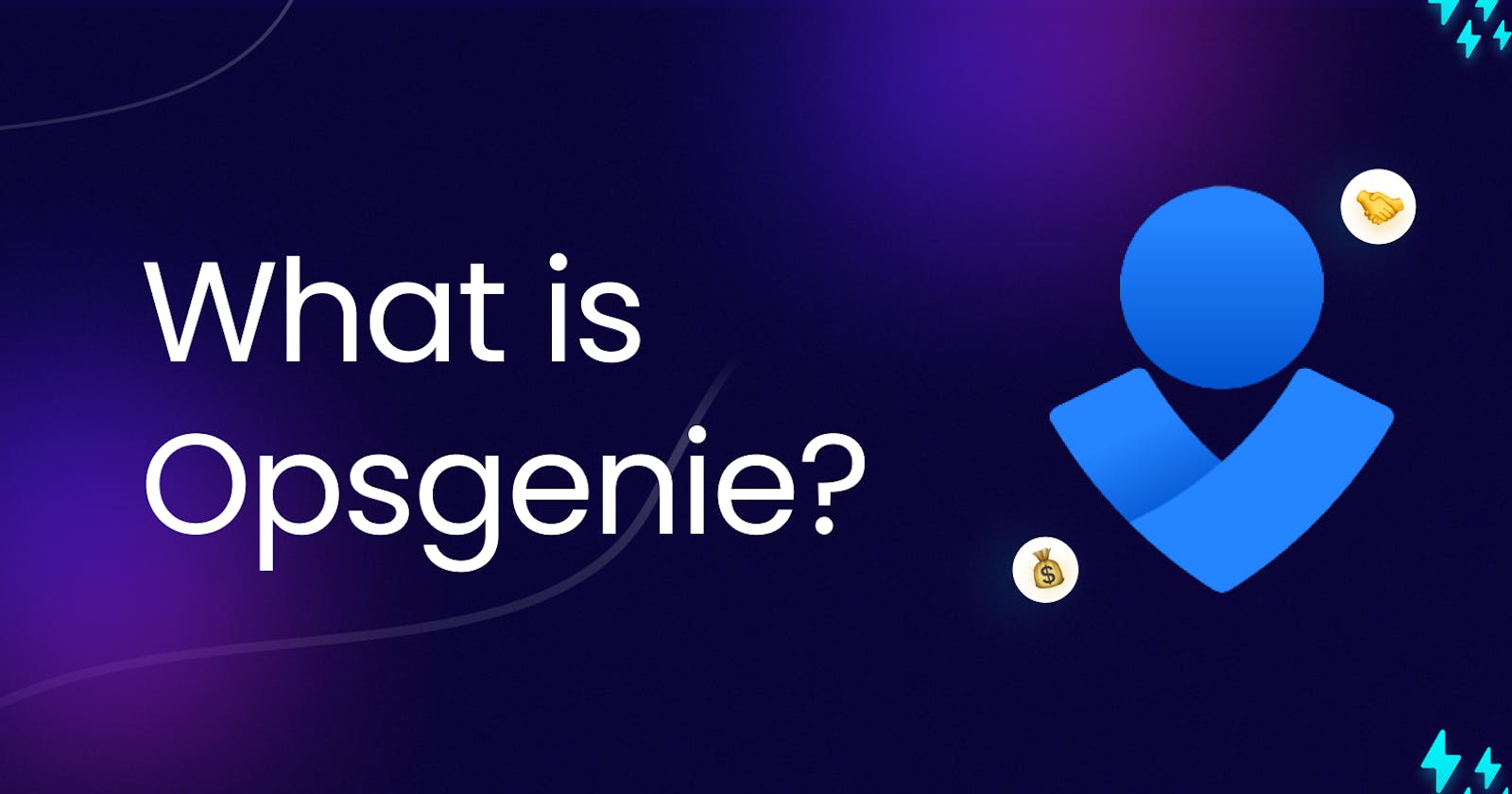Introduction to Opsgenie
Opsgenie is a powerful incident management and alerting tool developed by Atlassian. It was founded in 2012 and later acquired by Atlassian in 2018. Opsgenie is designed to help teams respond to incidents quickly and effectively, enabling them to maintain the reliability and availability of their systems and services. With its robust features and integrations, Opsgenie has become a popular choice for managing and responding to critical incidents in modern IT operations.
Key Features of Opsgenie
Alerting and Notification: Opsgenie provides a central platform for receiving and managing alerts from various monitoring and alerting sources. It integrates with monitoring tools, logging systems, and other applications, allowing teams to consolidate all alerts in one place.
Escalation and On-Call Management: Opsgenie enables teams to set up on-call schedules and rotations. It automatically escalates alerts to the appropriate team members based on the defined schedule, ensuring timely response and resolution.
Alert Policies and Routing Rules: With Opsgenie, users can define alert policies and routing rules to determine how alerts are handled and routed to the right teams or individuals. This ensures that critical incidents are quickly addressed by the right people.
Mobile and Push Notifications: Opsgenie provides mobile applications and push notifications to ensure that team members are instantly notified of critical incidents, even when they are on the go.
Collaboration and Communication: Opsgenie offers built-in collaboration tools, such as alert notes, comments, and status updates. This fosters effective communication and coordination among team members during incident response.
Incident Acknowledgment and Resolution: Opsgenie tracks the acknowledgment and resolution status of incidents, providing a clear overview of ongoing incidents and their current status.
How Opsgenie Works
Integration Setup: To get started with Opsgenie, users set up integrations with various monitoring and alerting tools. This can be done through pre-built integrations or by configuring custom integrations using APIs and webhooks.
Alerting and Notification: When an alert is triggered from a monitoring system or application, Opsgenie receives the alert and immediately notifies the relevant team members based on the defined policies and routing rules.
Incident Management: Opsgenie creates an incident for each alert, providing a centralized view of all active incidents. Team members can acknowledge incidents to indicate that they are working on them.
Escalation and On-Call Management: If an incident is not acknowledged within a specified time, Opsgenie automatically escalates it to the next on-call person or team according to the on-call schedule.
Collaboration and Response: During incident response, team members can collaborate in real time, add notes, and update the status of incidents as they progress toward resolution.
Incident Resolution and Reporting: Once an incident is resolved, Opsgenie records the resolution details, providing valuable data for post-incident analysis and reporting.
Benefits of Opsgenie
Rapid Incident Response: Opsgenie's alerting and escalation mechanisms ensure that incidents are promptly addressed by the right team members, reducing the mean time to resolution (MTTR).
Centralized Incident Management: Opsgenie provides a central platform for managing all incidents, facilitating collaboration and coordination among teams during incident response.
Customizable Policies and Rules: Opsgenie allows users to define custom alert policies and routing rules to match their specific incident response workflows and requirements.
Improved Communication: Opsgenie's collaboration tools and real-time notifications foster effective communication among team members, helping them stay informed and work together efficiently.
Mobile Access and On-the-Go Alerts: With Opsgenie's mobile applications and push notifications, team members can receive and respond to critical alerts even when they are away from their desks.
Conclusion
Opsgenie has become an essential tool for organizations seeking to improve incident management and response in their IT operations. By providing a centralized platform for alerting, notification, and incident management, Opsgenie empowers teams to respond quickly and effectively to critical incidents, minimizing downtime and ensuring the reliability of their systems and services. With its powerful features and integrations, Opsgenie continues to play a significant role in enabling modern IT operations teams to stay on top of incidents and maintain service availability.
